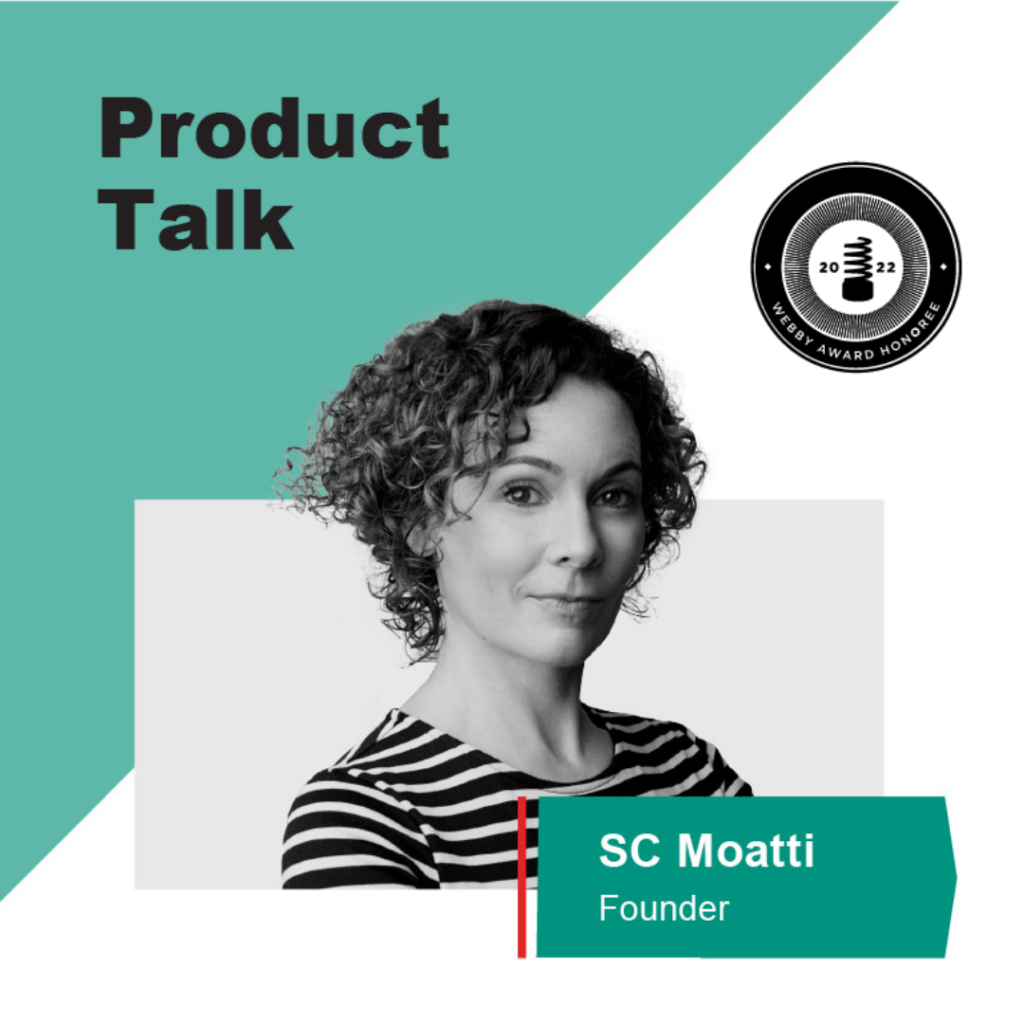What does a good product leader have in common with Henry Kissinger?
Here is episode seven in the 2022 Product Awards series. In this conversation, Wayfair Product Leader Nacho Andrade sits down with PandaDoc SVP of Product Bernard Desarnauts. They touch on the importance of grit and iteration in building a Product Award-winning product. They also discuss why PMs must learn to ask the right questions. Finally, Bernard shares why he thinks a good product leader is more like a diplomat than a president – or CEO.
Subscribe to the Product Talk podcast on Spotify and Apple Podcasts and catch every conversation with leading product executives. New episodes go live every week. Episodes in the Product Awards Series drop on Fridays.

On grit and iteration
Nacho points out that it can seem as though companies find amazing success overnight. Nacho says sometimes we have a “survivor bias,” and “under-appreciate how much products take time to be refined, and pivot, and really find their voice and find their space.” In fact, most of the time it takes a lot of grit.
So what made PandaDoc successful? According to Bernard, “the short answer is, it just took time.”
Bernard continues, “PandaDoc was not an overnight success. And PandaDoc was actually a refresh of the first product idea that our co founders had, which was called QuoteRoller. Which they did for about four years, until they realized that they had a bigger opportunity to go after. But that would require restructuring not just the product, but the whole company. So PandaDoc has been a long time in the making.
“And I think from the early days of the founders’ vision, which was grounded on the first thousand clients of their initial product. They were able to, overtime, iteratively build what is making PandaDoc today a very successful product in its category.
“At the end of the day, it’s very simple. Focus on your customers. And focus on truly actively listening to what they say. And do the hard work of participation… Because you never have the capacity to do everything that you want to do. So you have to focus on where the customers are clearly asking you to be better.”
On the skill of asking the right questions
If a patient comes to see a doctor with a self-diagnosis, it is the doctor’s job to determine what the actual problem is. In much the same way, a product manager must figure out the customer’s pain. A lot of that, according to Bernard, comes down to asking the right questions.
He says, “One of the skills we trained to get our teams internally at PandaDoc more comfortable with is the act of asking questions. You get very different feedback depending on what you ask and how you ask it. There’s a lot of secret sauce there. Knowing what to ask and how to ask is more important than the active listening piece, right? Because you’re going to listen to the wrong information if you ask the wrong question.
“I practiced and iterated long enough around, you know, job to be done theory and those types of approaches, and truly trying to uncover the actual pain. Not just uncover what people said. It’s not easy. It takes a big amount of time to understand how to do it, and then to see the work is done. It’s magnificent. Once it works, and you get the hang of it, it’s, it’s like, Oh, my God! You’re getting things that people are not getting. And that’s what makes, I think, an amazing product manager.”
On product leaders as diplomats
A common idea about PMs is they are CEOs of products. But PMs are not paying people. They’re not firing people. They have to lead by influence.
Bernard says, “The product manager as the CEO of a product… that, to me, is not quite right. We are an important part of an organization. But especially in the world of SaaS and digital product, everything works together. Sales, Marketing, support, CSMs, and r&d, product.
“To me, I would say my pet peeve for product people is those who think of themselves as CEOs of product. I think they [need to] just chill a bit, you know? Just be more, you know, realistic. You have an important role. But you’re not the CEO of the product. I don’t like this at all.
“By contrast, I think we need to be diplomats. So I think of a good product leader as being more like a Kissinger of the organization. Of finding the smart way to get people aligned in the right direction with the right priorities, as opposed to being the President.”